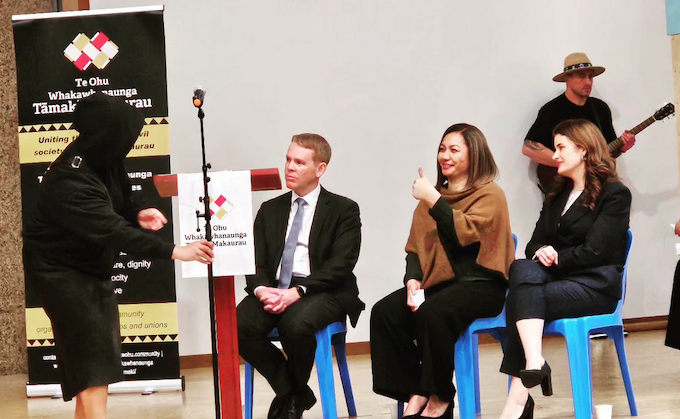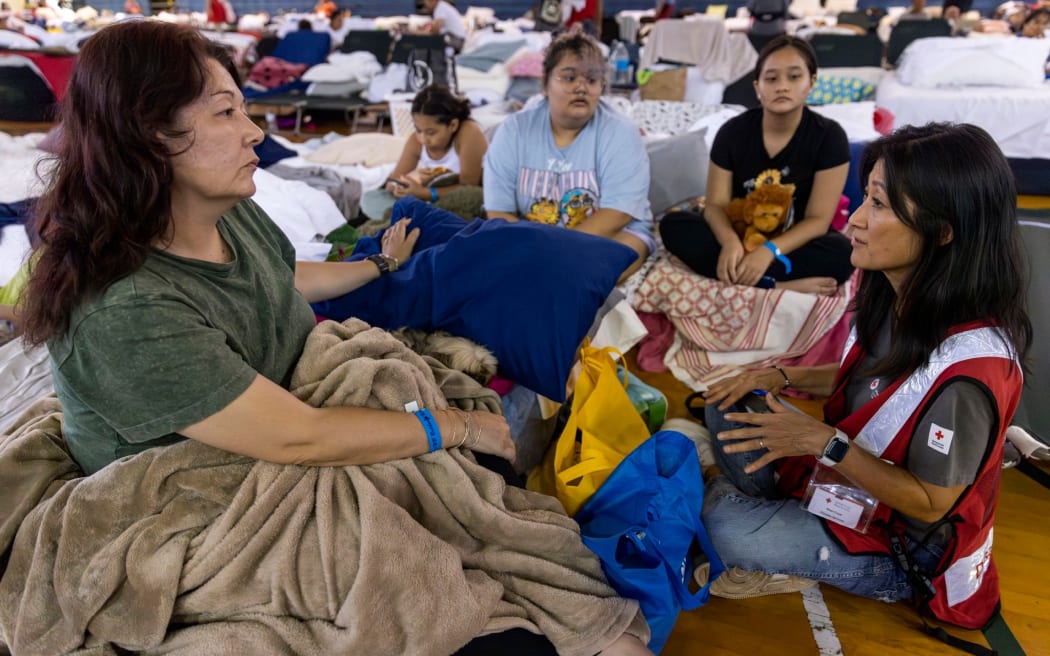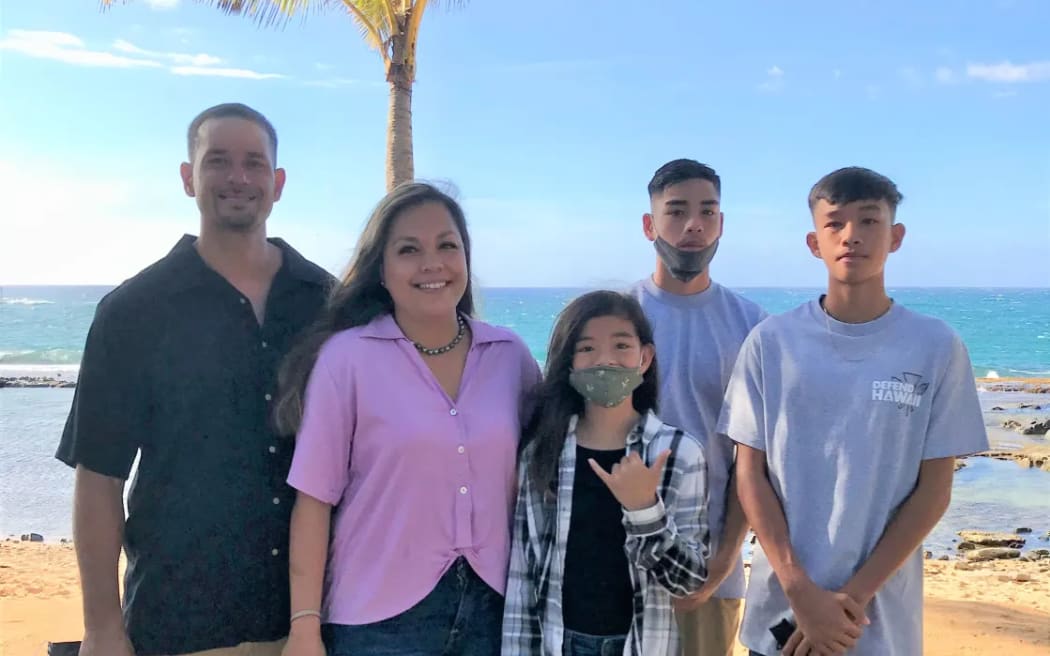It’s been a week of bad news for refugees and those fighting against the inhumane and racist barge-turned-asylum accommodation, the Bibby Stockholm.
The London High Court has quashed a local Portland resident and mayor’s challenge against the Tories’ controversial refugee detention barge. Meanwhile, the Home Office has notified asylum seekers that they will be returned to the vessel on 19 October. Both came as i News reported that the government department has refused information requests to disclose the full cost of the floating, formerly disease-infested hell-site.
Bibby Stockholm – a racist floating cage
Home secretary Suella Braverman’s asylum housing barge has so far been a repeated source of embarrassment for the far-right Tory government.
Days after the Home Office had forced 39 migrants aboard the vessel in August, tests detected the bacteria legionella within its water system. This bacteria can cause a potentially deadly respiratory condition known as Legionnaires’ disease.
As a result, the government had to evacuate the refugees from the barge. In September, freedom of information requests (FOI) revealed that tests had identified the most deadly strain of legionella on the vessel. The Bibby Stockholm has remained vacant since 11 August.
Meanwhile, others have highlighted the huge sums of taxpayer’s money the government has thrown at the abhorrent floating cage.
As the Canary’s Glen Black detailed in September, a migrant solidarity group had estimated the cost of the barge at £560k in just four weeks. However, new information obtained by investigative group Corporate Watch has revealed the Bibby Stockholm’s bill to be much higher in total, revealing the weekly cost at nearly £300k. Which means that the government squandered £2.2m while the barge remained vacant due to legionella.
Yet, as i News has reported, the Home Office is withholding the true cost of the asylum barge. It refused an FOI request made by the Liberal Democrats.
Given all this, and the sheer callousness of the Home Office’s plan, campaigners have kept up the heat. Since the government announced its asylum barge, protests have sprung up against the barge from Cornwall and Dorset all the way to Liverpool.
High Court dismisses local resident’s legal challenge
On Tuesday 10 October, one Portland resident also took Braverman and the Home Office to court. Portland town councillor and Mayor Carralyn Parkes issued the challenge in a private capacity. She did so after Dorset Council decided against taking legal action over the barge.
Parkes crowdfunded for the judicial review. Nearly a thousand people donated to her fundraiser, which quickly met its £25k target.
On the day of the case, protesters from Stand Up to Racism turned out in solidarity outside the High Court. Parkes spoke to the crowd before entering. She lamented to the protesters that she had tried to speak out against the barge “on the grounds of humanity” but it had not been enough to stop the government’s immoral plans. Instead then, she hoped she might be able to stop them on the grounds of planning permission.
Specifically, Parkes’ case revolved around the Home Office’s failure to seek planning permission from the local council. In a statement in advance of the hearing, Parkes said that:
If the Home Office had applied for planning permission, they would have had to consult with local people – but we never got the right to have our say.
I believe that planning permission would have been refused.
However, the government’s lawyers argued that the local planning authority did not think planning permission was necessary. In particular, Dorset Council had taken the view that since the barge operated below the mean low water mark, this would place the Bibby Stockholm outside its jurisdiction.
Parkes’ legal team disputed this. As the Canary’s Steve Topple previously explained, they argued that:
- Idea of a ‘low water mark’ as a boundary for planning permission should be “interpreted flexibly”. Parkes argues that in this instance, the Bibby Stockholm is in the local planning authority’s jurisdiction as it’s in the harbour.
- The Bibby Stockholm is attached to the land for electricity, sewage, and so on. Therefore, it is “effectively a permanent structure” like a pier, so does fall under planning rules.
Despite this, on 11 October, the High Court rejected these as grounds for a judicial review.
‘Racial segregation’
Moreover, part of the case focused on what the lawyers argued amounted to “racial segregation”. In a press release ahead of the challenge, Deighton Pierce Glynn Solicitors stated that the Equality Impact Assessment:
conducted only days before the barge’s use commenced, is woefully inadequate as it fails to consider the impact of the barge’s operation in radicalising far-right extremism and in segregating rather than integrating asylum seekers.
Of course, this is exactly the purpose of Braverman’s racist asylum accommodation project. As the Canary’s Afroze Fatima Zaidi wrote in September:
Current policy regarding asylum in the UK is an extension of the ‘hostile environment’ introduced by former PM and home secretary Theresa May.
In other words, the Bibby Stockholm sits among the government’s portfolio of racist plans designed to position the UK as unwelcoming to refugees.
Predictably also, the barge has indeed served as a focal point in drawing out far-right fascist groups like Patriotic Alternative.
In effect, the Bibby Stockholm embodies the government’s hostile rhetoric, which seeks to sever asylum seekers’ connection with the surrounding community and support groups.
‘Remote’ and ‘monstrous’ location
And a barge in Portland harbour is the perfect place to do this. Speaking to the protesters outside the High Court, Parkes also remarked on the remoteness of the location for housing asylum seekers. She explained that Portland port:
is a secure area – you can’t easily come in and out of it.
As a result, she argued that:
The whole idea of holding human beings on a barge in such a location is so monstrous
Specifically, Portland is an island tied to the Dorset coastline by a singular access road. Between 2015 and 2017, the island was also host to the Verne immigration removal centre. A local detention centre visitor group, and even the prison inspectorate, had raised concerns about the inaccessibility of the site. Notably, the inspectorate said that:
the remoteness of The Verne made visits very difficult for many families.
As Open Democracy reported in 2015, the inspectorate’s survey:
revealed that just 19 per cent of detainees had been visited by family or friends, compared with an average of 43 per cent for other immigration detention centres. Only a quarter of lawyers had managed to visit their clients.
The site where the government has moored the barge is therefore extremely isolated.
Back to the Bibby Stockholm
Parkes’s loss in the High Court came as the Home Office announced it would be returning asylum seekers to the barge. The department gave notice via letter that it would move asylum seekers onto the Bibby Stockholm on a “no-choice basis” on 19 October.
Countering the government’s hostile environment rhetoric, in August, Parkes said that:
human beings belong in communities and need to be cared for in communities, not on barges
Moreover, protesters have vowed to continue to fight the Home Office’s cruel asylum plans.
Braverman may have fought off this legal challenge, but she won’t stop people across the UK from welcoming asylum seekers into their communities. The people seeking safety whom this callous government is forcing onto the Bibby Stockholm will be no exception.
Feature image via Ashley Smith/Wikimedia, cropped and resized to 1910 by 1000, licensed under CC BY-SA 4.0
By Hannah Sharland
This post was originally published on Canary.



 Happening now!
Happening now!  Nearly 3,000 ethnic Armenians have fled the breakaway region of Nagorno-
Nearly 3,000 ethnic Armenians have fled the breakaway region of Nagorno- Around 120,000 ethnic Armenians live in the territory. Many fear persecution.
Around 120,000 ethnic Armenians live in the territory. Many fear persecution. 





 (@MarioCreatura)
(@MarioCreatura) 

 (@OwenPaintbrush)
(@OwenPaintbrush) 



 GB News on YouTube
GB News on YouTube 

 marcusxdusty (@marcusxdusty)
marcusxdusty (@marcusxdusty)